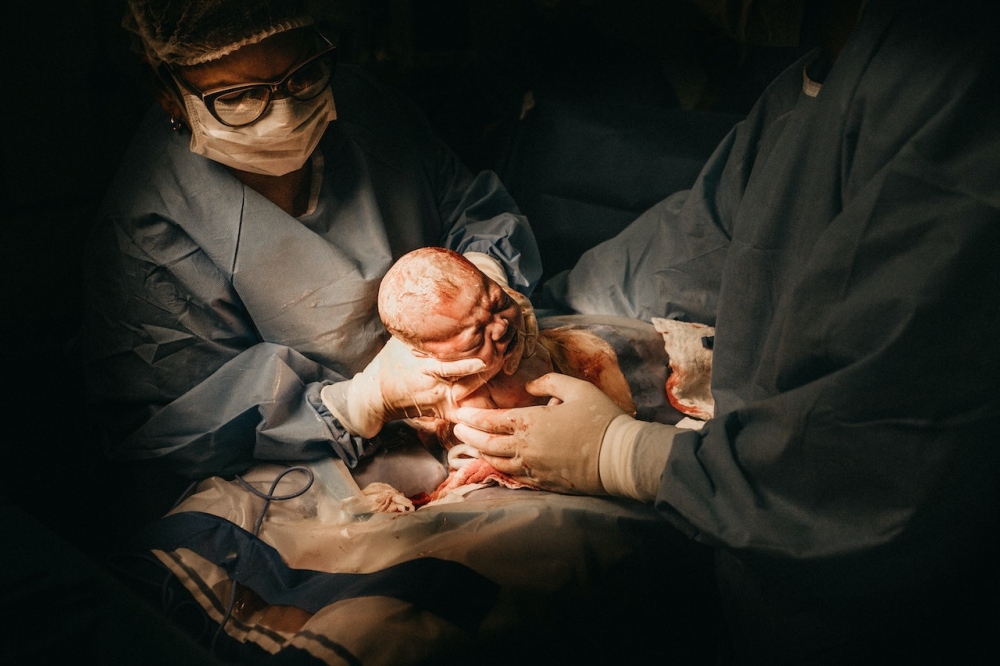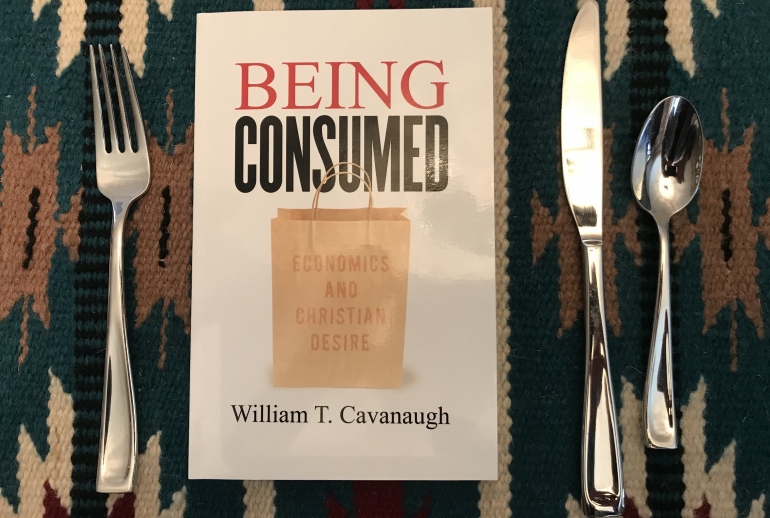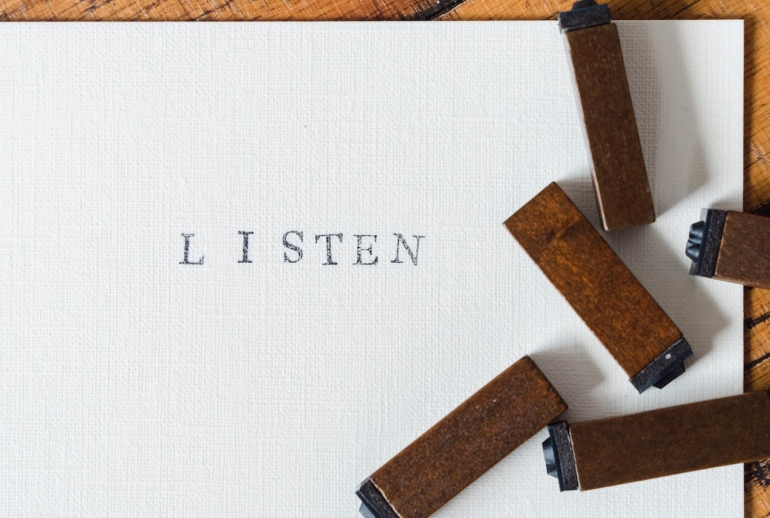One lesson I learned from Francis Schaeffer was the necessity of addressing the very best arguments, challenges, and questions of those with whom we might disagree. It’s a matter of integrity, intellectual integrity, and the follower of Jesus should settle for nothing less. It’s easy to set up straw-man arguments and shoot them down—and we often feel self-righteous for having done so. But to truly love truth requires more than that. Loving truth requires seeking out the strongest presentations arguing for a differing point of view and work through it point by point, with care and attention to detail. It’s part of what it means to be discerning. Besides, we might be surprised and have our minds changed in the process, in part or in whole. And if the article or presentation turns out to be somehow implausible or mistaken or unbelievable, in part or in whole, we will be strengthened in our position. The process of discernment takes discipline but is always win-win.
There have been multiple essays and articles on abortion since the U. S. Supreme Court overturned Roe v Wade. Most of them seem to be preaching to the choir, recycling well-worn arguments that are convincing only to those who agree with the author’s position to begin with.
An exception is “The Right to Life is an Essential Human Right: It’s relationship to abortion, however, is complicated” by Allyson McKinney Timm in The Christian Century (October 2022, p. 68-72). Timm is a human rights lawyer and executive director of Justice Revival. She is a sharp thinker and clear writer. And she has something important to say that pro-life people need to consider. You can—and should—read her fascinating and important article here.
As a Christian and a human rights advocate, I begin with the premise that human life is meaningful from its earliest appearance. I believe that vulnerable life in its first stages deserves our serious regard. At Justice Revival, the organization where I work, we affirm that unborn life has value and meaning and that the ways we treat that life have moral implications. For me, this rules out any celebratory approach to abortion. It moves me to seek out every just and humane avenue to make the practice increasingly rare.
But that is only the beginning of the analysis. Childbearing is a unique act of Christlike oblation. As such it is above and beyond what anyone should feel privileged to demand from any other human being—one’s own mother included. Reducing the miraculous gift of birth to a legally coerced mandate takes the creative power God gave humanity to “be fruitful and multiply” and confers it on the magistrates of Rome. The US Supreme Court’s recent ruling overturning Roe v. Wade doesn’t honor motherhood, it degrades it…
Which duty is greater: sharing one’s bread with the poor, or allowing one’s body to be broken open for another? Collectively welcoming a fearful immigrant to US shores, or personally welcoming a fragile newborn into the world, through the sacrifice of flesh and blood? Leaving another person alone, or undergoing a birth event that will change one’s life forever?
Motherhood is the greater duty, by a league. The very qualities that make birth a heroic feat warn against reducing it to a forcible obligation. This is not a legal duty the state should be authorized to impose; it is a grace into which some are called, a kindness unlike any other. Birth into this world is not a legal right, it is a blessing from a loving God, a reflection of divine generosity, through the sacrifice of those who are called to give birth.
Photo credit: Photo by Jonathan Borba (https://www.pexels.com/photo/woman-giving-birth-to-baby-via-c-section-3259627/)



